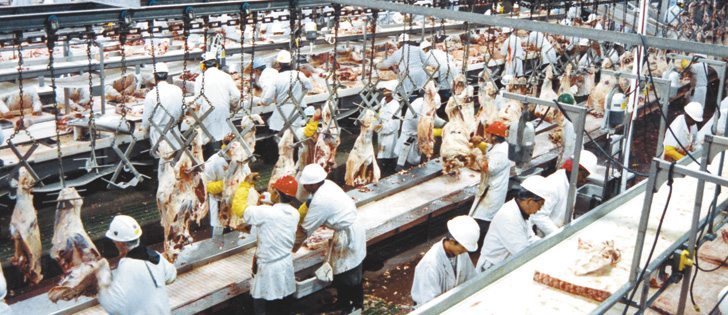MONTREAL – Profitability has returned to the North American ethanol sector after a long hiatus, according to a number of reports.
A Credit Suisse study says U.S. ethanol profits are on the rise as imports from Brazil have plummeted, according to a story from Reuters.
With sugar prices at a 28 year high, more Brazilian sugar cane is being diverted into sugar production than ethanol production.
Less competition from the South America country boosted average cash margins for U.S. ethanol plants to about 25 cents US per gallon in October, up from about five cents in August, according to the Credit Suisse report.
Read Also

Gene editing digs deeper space in Canadian plant breeding
More Canadian research into crop variety development is incorporating gene editing, and one researcher notes that Canada’s regulatory approach to gene editing will help drive innovation
Rising crude oil prices and slumping corn prices have also contributed to healthier bottom lines for the ethanol industry. The Wall Street Journal reports producers that spent much of the last two years operating in the red have been enjoying “wide profit margins” of late.
Profits take off
A case in point are the recent third quarter results posted by Valero Energy Corporation, a U.S. energy firm that is one of the larger players in the ethanol industry.
“Our ethanol business earned $49 million of operating income in the third quarter, more than double the second quarter results as we increased run rates at all seven ethanol plants and captured very good margins,” said the company in an Oct. 27 new release.
Gordon Quaiattini, president of the Canadian Renewable Fuels Association, said the recovery hasn’t been as dramatic in Canada because Canadian firms were never in as much trouble as the U.S., where there were multiple bankruptcies and plenty of idled plants.
“Fortunately we haven’t had any plant failures. Everybody is still standing on their feet,” he said.
That is largely because the Canadian industry is still in its infancy. The federal five percent mandate for ethanol doesn’t kick in until Sept. 1, 2010. By contrast, there has been more supply than demand for the renewable fuel south of the border.
“We were fortunate, unlike some of the experience in the U.S., that we were only building out our production capacity. We didn’t exceed that capacity,” said Quaiattini.
He added that ethanol is cheaper than gasoline right now so blenders are seeking out the fuel even if they are not required to do so.














